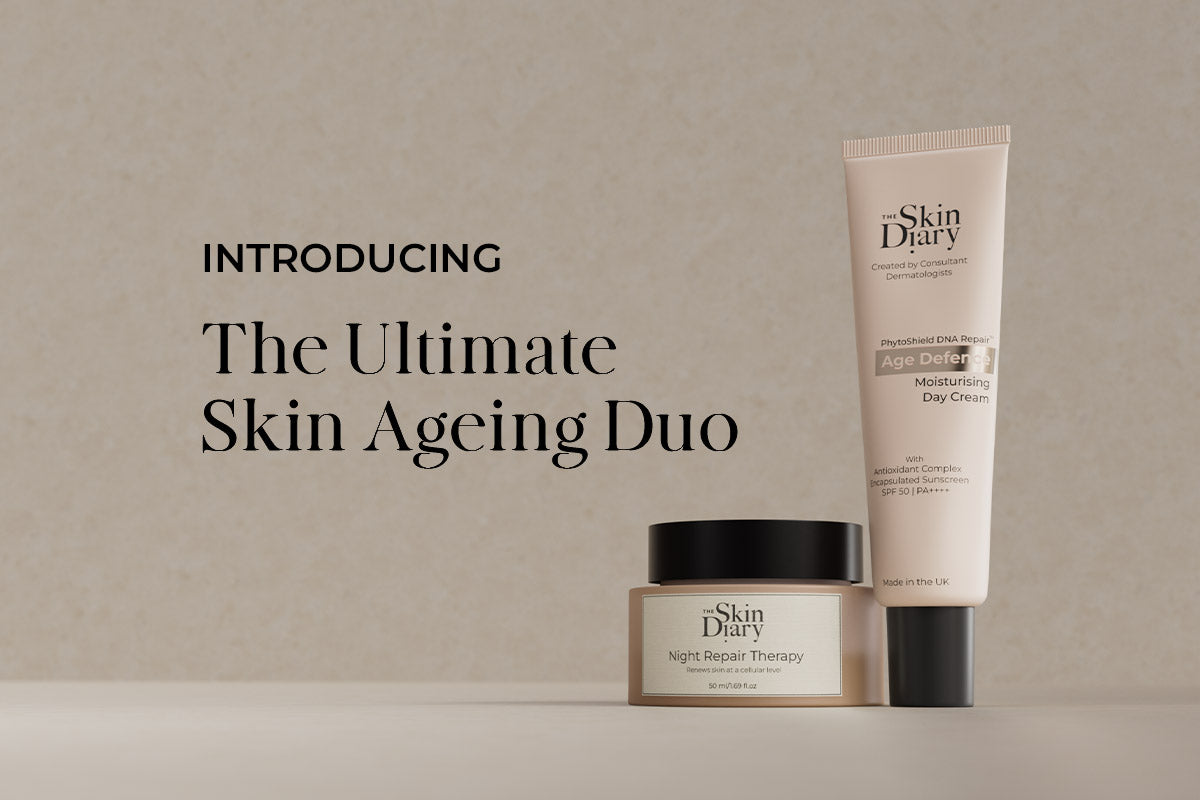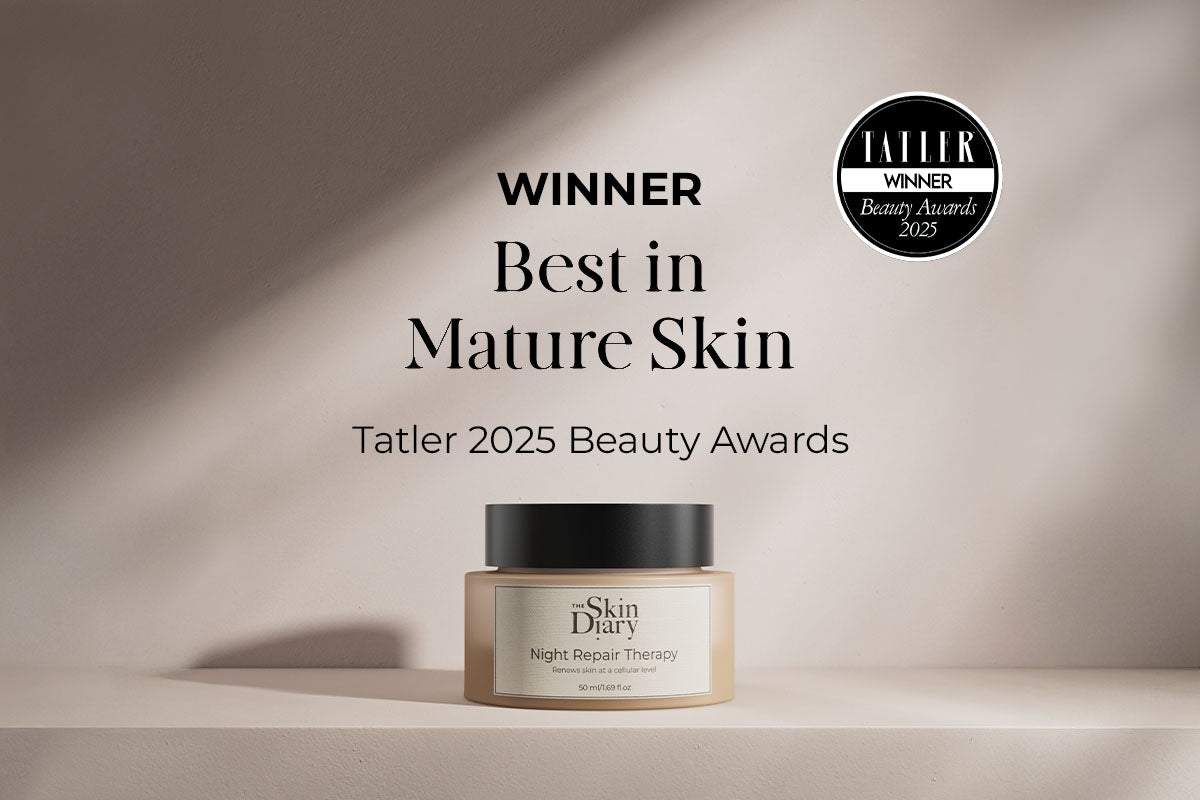The skin is a sophisticated organ, acting as a barrier, with a main role of protecting the body from external factors. That means it’s difficult to get active ingredients to penetrate the skin’s layers, making topical skincare absorption both a scientific challenge and a remarkable achievement.
In her recent lecture for The Skin Diary, Professor Majella Lane explored the mechanisms enabling active ingredients to penetrate the skin for best results. In short: how do we get our skin to work in order to give us glowing, radiant skin?
What Is the Skin Barrier?
Before we move onto the mechanisms of skin absorption, we need to understand the skin barrier.
The skin barrier is made up of the stratum corneum, a layer of corneocytes (dead skin cells), which are embedded in a lipid matrix. This "bricks and mortar" structure is composed of the corneocytes, the "bricks", which are tightly packed and provide structural integrity and the lipids, the "mortar", which seals the gaps, preventing water loss and blocking penetration of external substances.
Together, they are highly effective at preventing the entry of harmful substances such as pollution, irritants and bacteria. This barrier also prevents beneficial things, such as active skincare ingredients, from absorbing into the skin.
So, How Do We Ensure Effective Skincare Delivery?
Because of the skin barrier’s ability to block external elements, scientists have to come up with effective strategies for ingredient delivery.
Professor Lane outlined several approaches:

1. Encapsulation Technologies:
- Liposomes and nanoparticles protect active ingredients and transport them deeper into the skin by preventing ingredient degradation.
2. Chemical Enhancers:
- Substances like alcohols and fatty acids temporarily disrupt the skin barrier to enhance absorption.
3. Hydration:
- Hydrated skin is more permeable, allowing active ingredients to penetrate more effectively.
For active ingredients, it’s crucial that these formulations are created with this in mind to ensure two things. First, that they absorb and don’t simply remain on the surface of the skin and second, they aren’t overly aggressive, risking damage to the skin barrier causing irritation.
For Night Repair Therapy, we use clever delivery methods for each ingredient so synergistically they absorb and reach a cellular level.
Challenges With Skincare Delivery Systems
Advances in skincare delivery systems for improved efficacy are great, however safety remains paramount and there are challenges that Professor Lane notes needs to be considered.
Irritation: There can be too much of a good thing for the skin when it comes to active ingredients because ingredients that penetrate too deeply, especially those particularly potent, risk causing inflammation and disrupting the skin microbiome.
Compatibility: Compatibility of multiple products, especially active ingredients, can alter skincare products stability and effectiveness.
Individual Variability: There are various factors that contribute to user variability, including age, skin type and environmental exposure; all of these influence how the skin responds to actives.
The Future of Skincare Absorption Science
The field of transdermal delivery is rapidly changing and evolving, future innovations impacting skin absorption science include:
-
Personalised Formulations: Tailored to an individual’s unique skin biology using the knowledge of consultant dermatologists.
-
Advanced Biomaterials: New polymers and encapsulation methods for enhanced delivery. This includes encapsulated sunscreen filters, used in our new Age Defence Moisturising Day Cream.
-
Synergistic Ingredients: Combinations designed to work together for optimal results.
So to answer the question: do serums absorb? The answer is yes, if they’re formulated properly; otherwise your products may just be sitting on the surface of the skin and not getting into deeper cellular levels to impact things like collagen and elastin production.
When it comes to products like sunscreens, we understand that some people are worried about absorption. Sunscreen is incredibly safe and is imperative to preventing skin cancer, as well as premature ageing (which is heavily impacted by UV exposure). However, if you’re still worried, or find you have sensitive skin, look for encapsulated sunscreen technologies.





